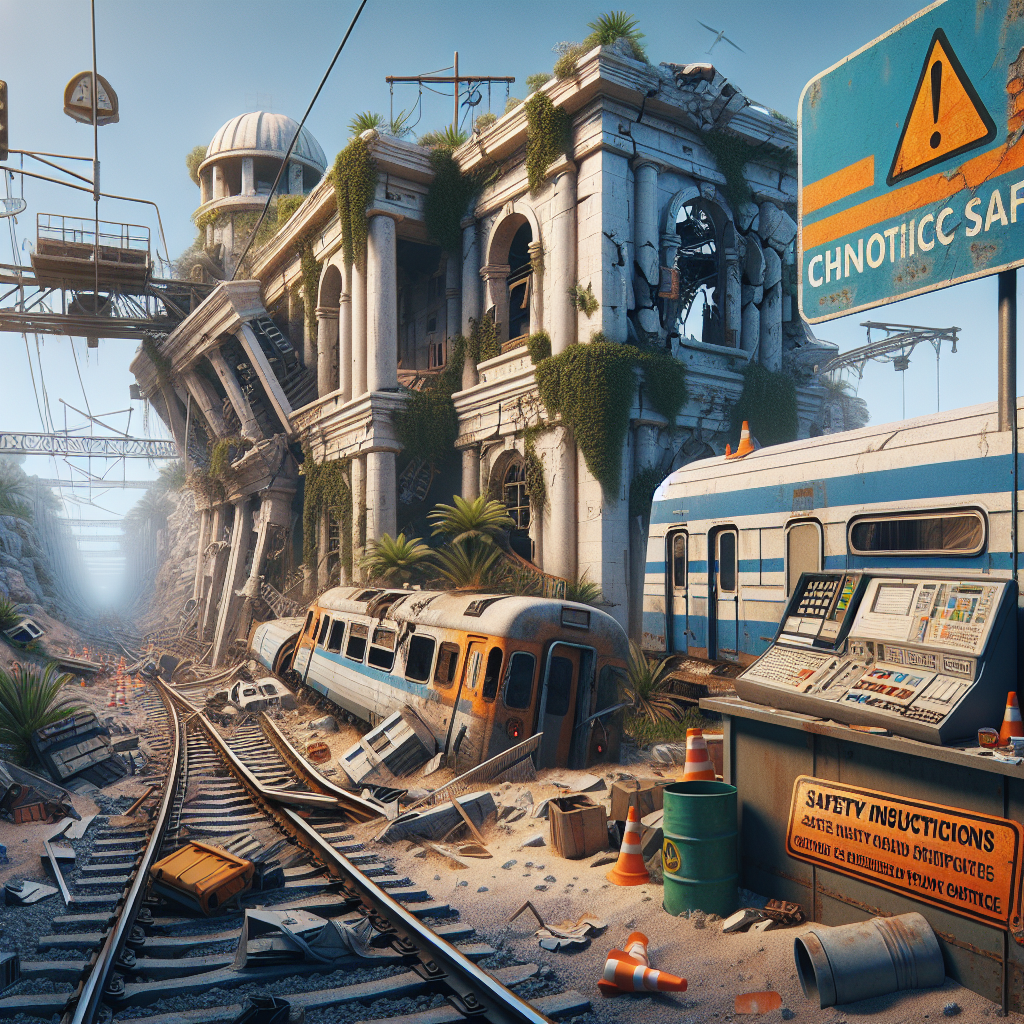Inquiry Reveals Chronic Safety Gaps Behind Greece’s Rail Disaster
Inquiry Reveals Chronic Safety Gaps Behind Greece’s Rail Disaster
Overview of the Rail Disaster
A recent inquiry into Greece’s rail disaster has uncovered significant and long-standing safety deficiencies that contributed to the tragic event. The investigation highlights systemic issues within the country’s rail infrastructure and management.
Key Findings of the Inquiry
- Outdated Infrastructure: The rail system suffers from aging infrastructure that has not been adequately maintained or upgraded over the years.
- Insufficient Safety Protocols: There is a lack of comprehensive safety protocols and emergency response plans, leaving the system vulnerable to accidents.
- Poor Management Practices: Ineffective management and oversight have led to a culture of complacency regarding safety standards.
- Inadequate Training: Staff training programs are insufficient, resulting in a workforce that is not fully equipped to handle emergencies.
Impact on Public Trust and Policy
The revelations from the inquiry have significantly impacted public trust in Greece’s rail system. There is growing pressure on the government to implement reforms and ensure accountability to prevent future disasters.
Steps Towards Improvement
- Infrastructure Upgrades: Plans are being discussed to modernize the rail infrastructure to meet current safety standards.
- Enhanced Safety Measures: The introduction of stricter safety protocols and regular audits is being considered to improve overall safety.
- Management Overhaul: Calls for a comprehensive review and restructuring of the rail management system are gaining momentum.
- Training Programs: Development of robust training programs for staff to ensure preparedness in emergency situations.
Conclusion
The inquiry into Greece’s rail disaster has shed light on chronic safety gaps that have long plagued the system. Addressing these issues is crucial to restoring public confidence and ensuring the safety of passengers. The findings serve as a wake-up call for urgent reforms and improvements in the country’s rail infrastructure and management practices.



































